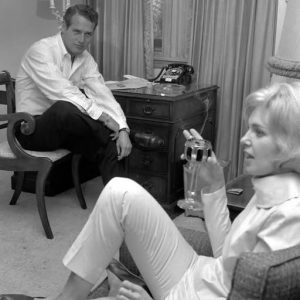During his senior year of college, my son Ryan confessed that his girlfriend Shelly was pregnant. Concerned and protective, I urged Ryan to seek a DNA test. When the results confirmed his paternity, tensions flared: Shelly resented my involvement and the pressure I placed on them. Despite the friction, Ryan and Shelly stayed together and soon became engaged. Over time, though, Shelly began circulating rumors and lies about me, attempting to undermine my character. When I refused to apologize for accusations I knew were untrue, Ryan ultimately uninvited me from their wedding.
Just two weeks before the wedding, Shelly’s mother, Jen, made a startling confession: the DNA test had been orchestrated by Shelly’s own father and was very likely fraudulent. It became clear that Shelly had been deceitful all along, using the paternity claim as a way to secure financial stability from Ryan. In light of this revelation, the wedding was abruptly canceled. The betrayal stung, but the discovery of the truth also lifted a burden of uncertainty.
Though the ordeal brought pain and disillusionment, it also paved the way for unexpected healing. Jen and I, once tenuous acquaintances, developed a closer bond through shared grief over the deception. Ryan, though shaken, emerged stronger and more self-aware, having confronted betrayal and emerged with clarity. In time, our family began to rebuild—not unscathed, but resilient—grateful that the truth surfaced and that we found in one another the strength to move forward.





